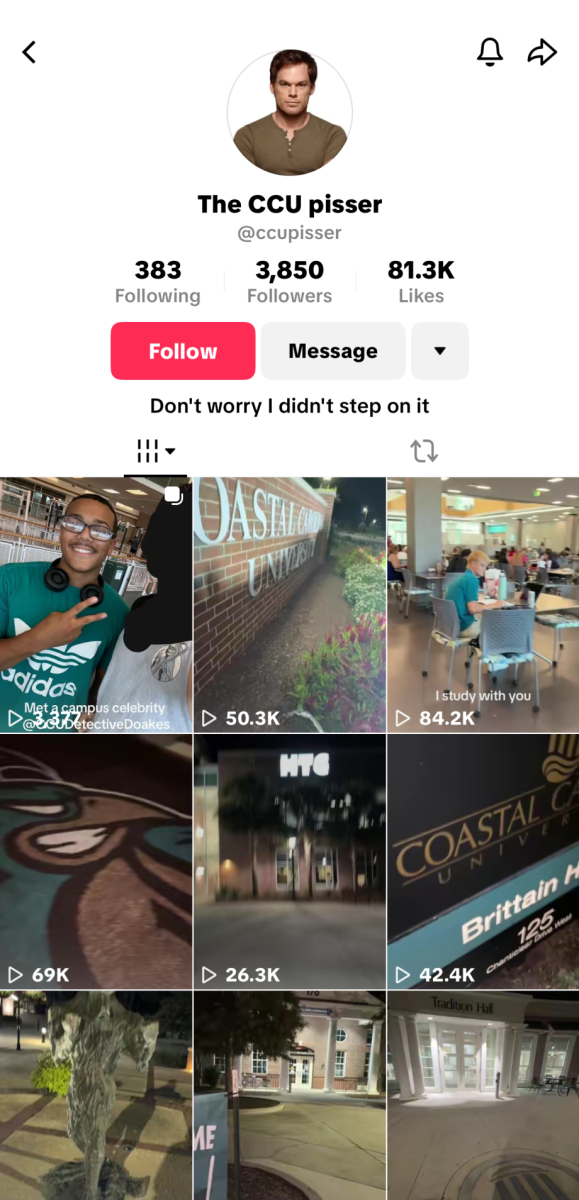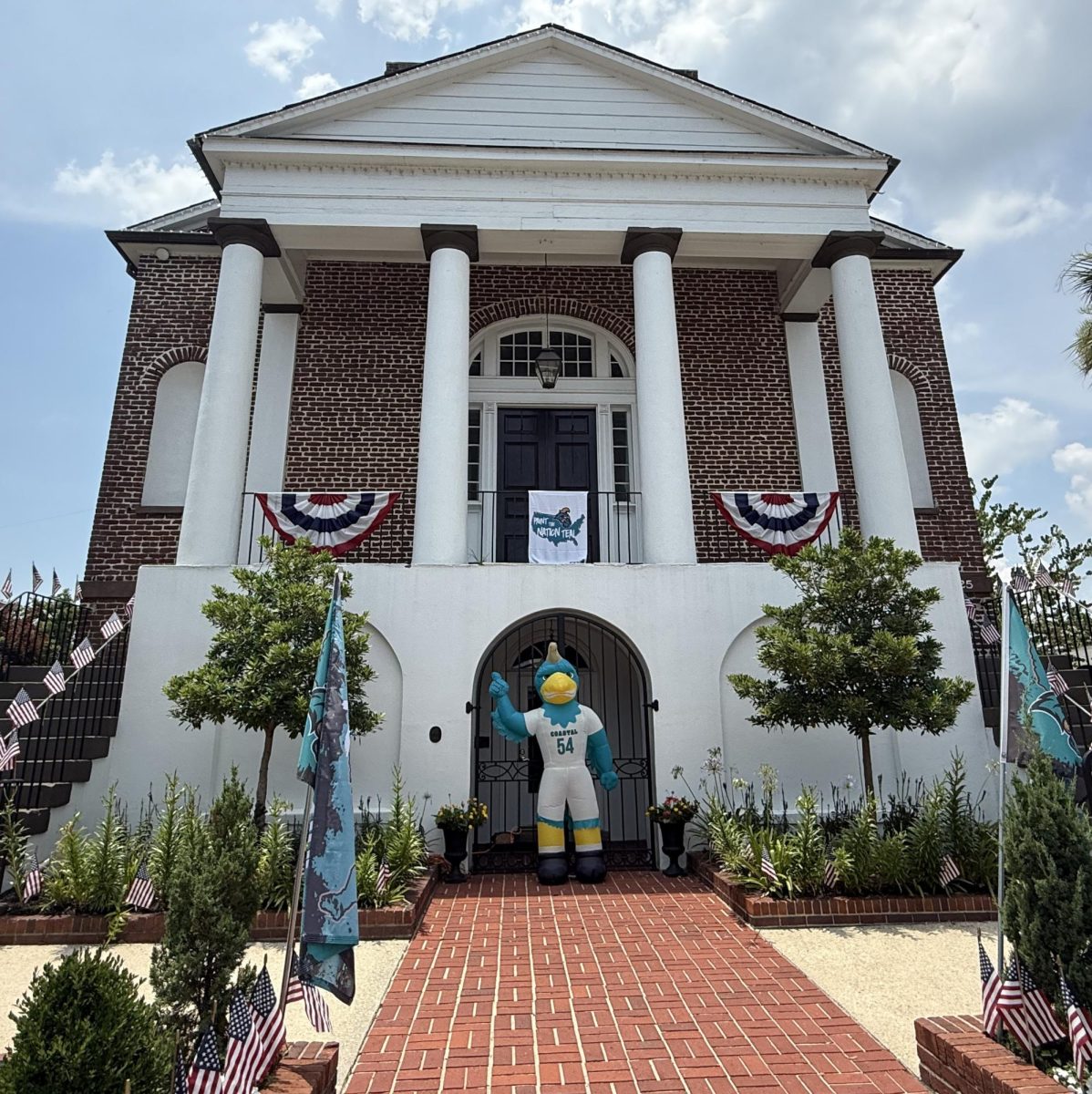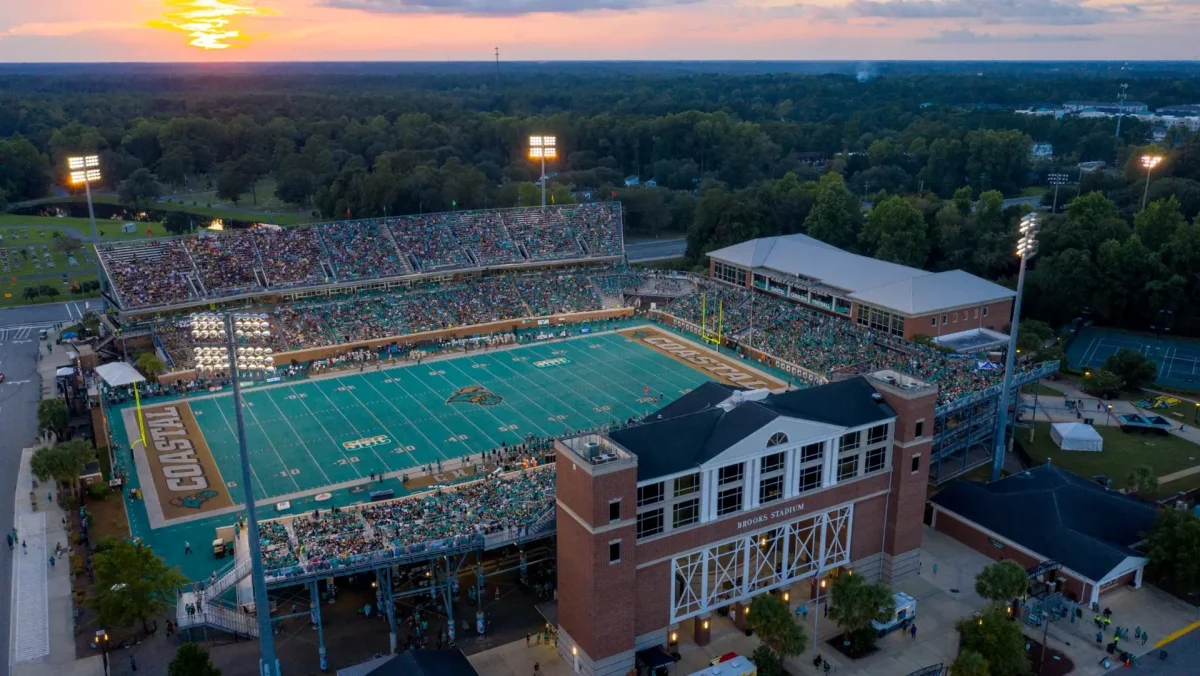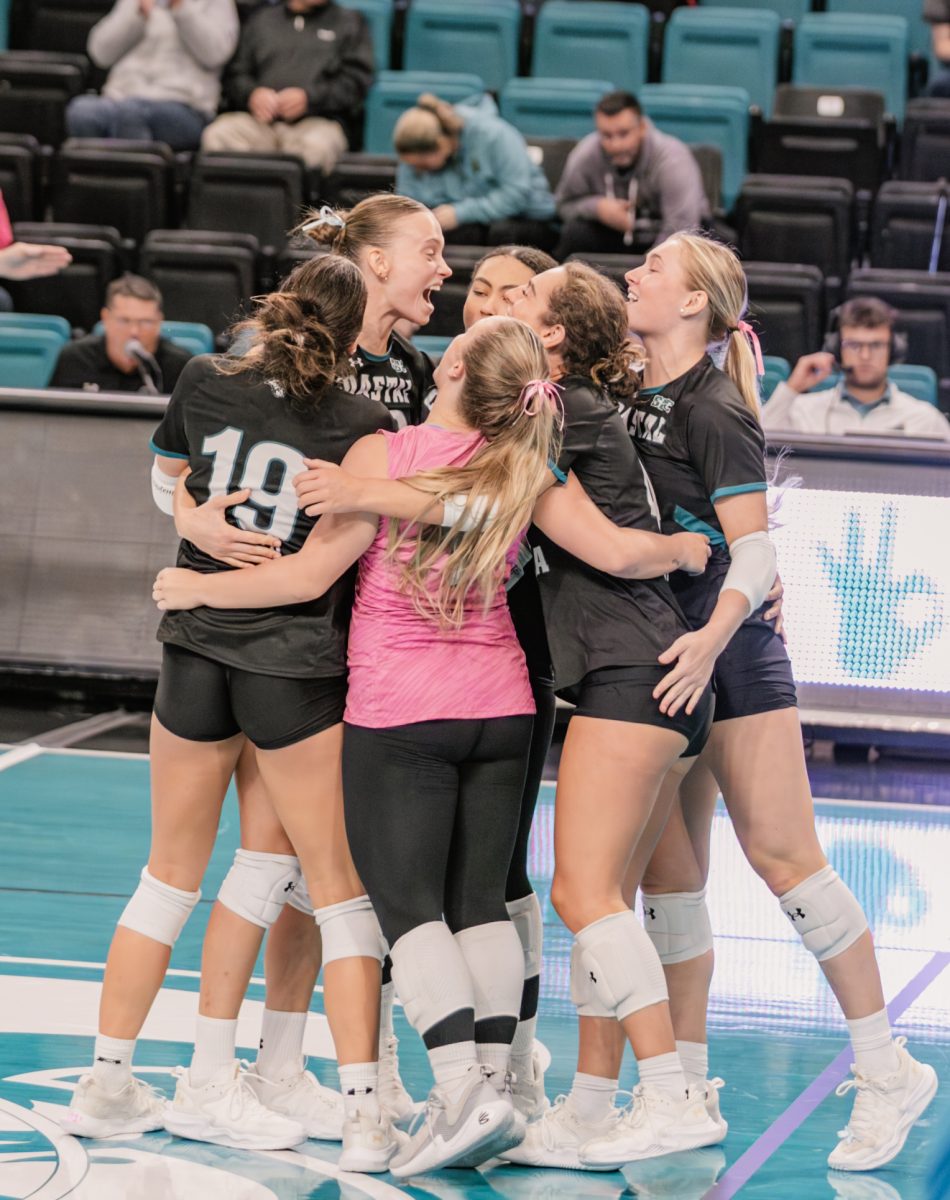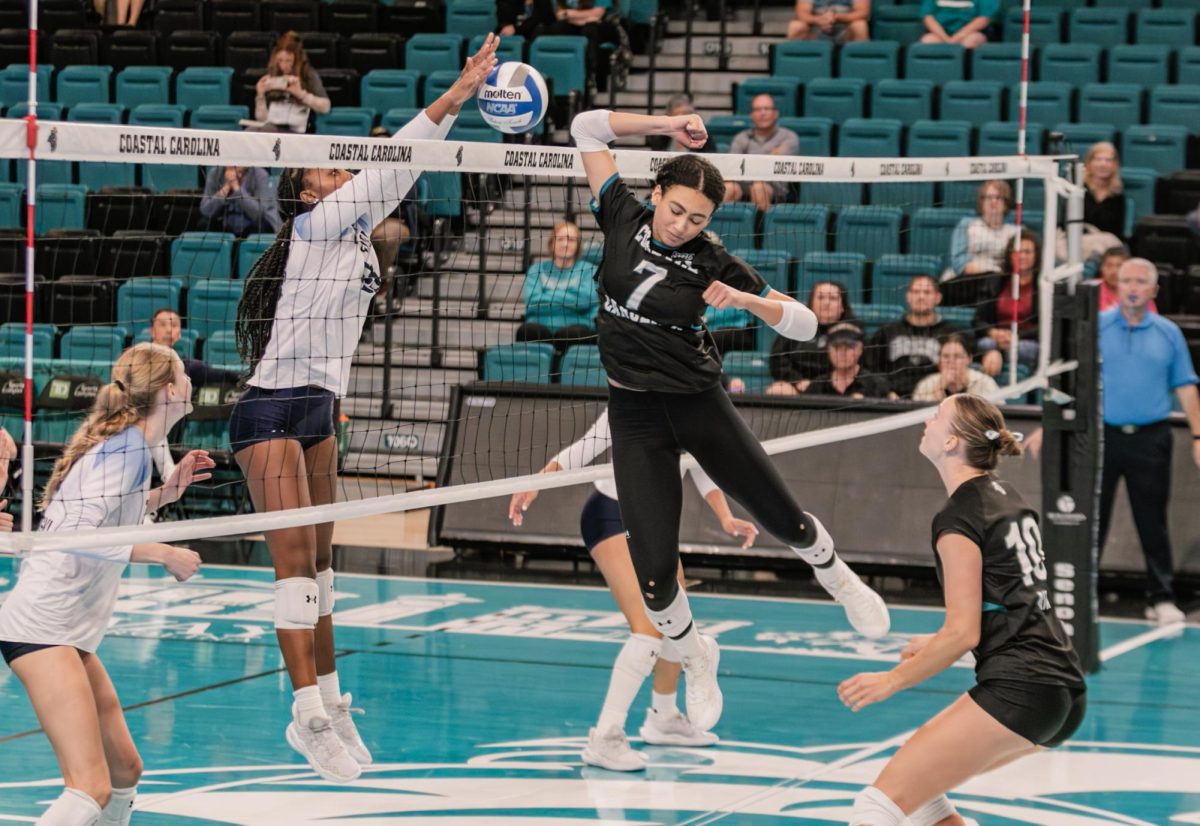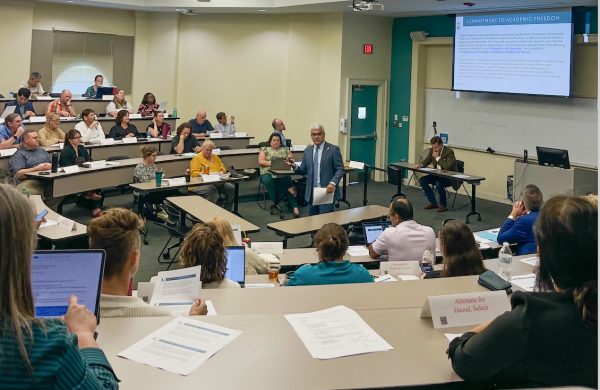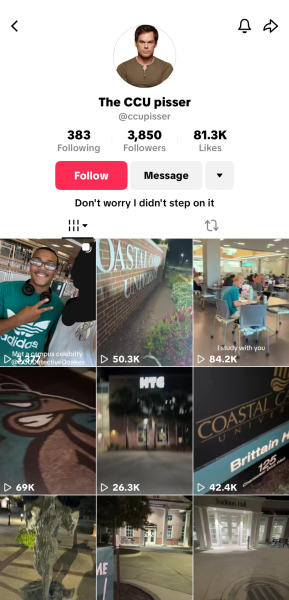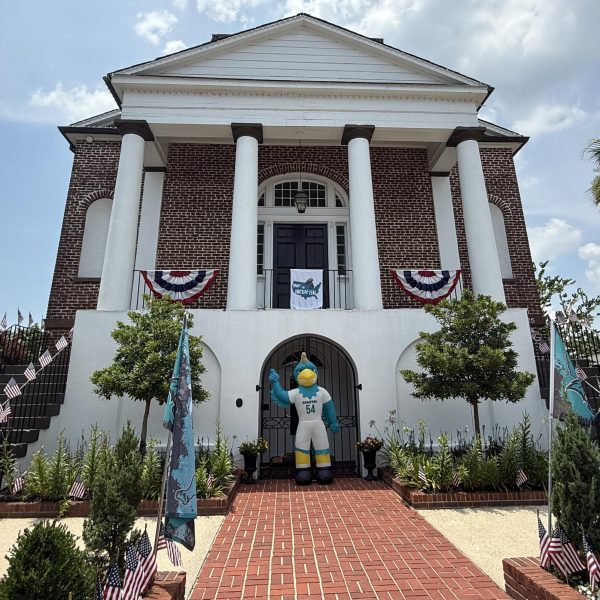Russia has invaded Ukraine: Here is what it means for them and us
Local experts said Russia’s ongoing invasion could have major consequences, they describe what could happen if conflict continues.
Joseph Fitsanakis, professor of intelligence and security studies, said there is debate whether Putin will choose to stay in the East, West, or attempt to capture all of Ukraine. Fitsanakis said Ukraine is split between an anti-Russian population in the West and a pro-Russian population in the East.
“What the Russians are trying to do, they’re trying to kill individual leaders in Ukraine. [Putin’s] idea is that if he decapitates the government, a term we use in INTEL, will basically destroy the top. The idea is that the rest falls apart,” Fitsanakis said.
He said Putin is not capturing major cities in Ukraine as quickly as he thought he would, including the capital, Kyiv.
Mark Chandler, professor of practice in the intelligence and security department, said re-establishing the Soviet Union is just a part of the justification for invading Ukraine. He said Putin has set the stage for the current conflict since the Crimea invasion in 2014.
“The Russians chose what would be the most dangerous course of action against the Ukrainians they could,” Chandler said.
Chandler said Ukraine was focused on protecting the eastern front of the country while Russia was attacking the North, East, and South, especially toward Belarus. He said it is only a matter of time until Russia defeats Ukraine on the battlefield.
Chandler described the process consisting of three levels: the outermost part would be to destroy the Ukrainian leadership, then their military, then civilian populists. He said this is where we will see an insurgency. Fitsanakis said the Russian people are key in stopping Putin’s attempts and must revolt against him.
Chandler said average Americans will face higher gas prices which will lead to a sustained inflation rate along with it.
“Anytime you have a conflict in the world, gas prices react. Oil doesn’t like instability in the world,” Chandler said.
Fitsanakis said if neighboring North Atlantic Trading Organization (NATO) countries such as Poland, Hungary, Slovakia, and Romania were to be attacked, the U.S. would have to go to war to protect their allies. He said it is important for Americans to quickly learn the geography of Eastern Europe.
“My friends and I are really scared that we are going to end up being drafted,” said Clayton Lambert, first-year Coastal student. “I do hope the situation de-escalates.”
In the State of the Union Address on March 1, President Joe Biden said American troops will not be sent to Ukraine to engage in conflict with Russia. They will only be supporting our NATO allies. Instead, Biden said the U.S. will provide military, economic, and humanitarian assistance to Ukraine.
Russian president Vladimir Putin explained in his televised address that Ukraine’s attempt to join NATO has posed a threat to Russia. This threat is caused by the eastward expansion of NATO, and if Ukraine were able to join their forces, it would cause intimidation right along the Russia-Ukraine border.
Abigail McClean, junior intelligence and security major, said nuclear war is just a threat. She said it is hard to believe anything Putin says because he has not been truthful.
Mikel Norris, associate professor of political science, said Putin is snubbing his nose at the West by pushing the boundaries of what is acceptable international behavior.
“This guy is a dictator, he’s a tyrant, he’s a liar. What he really wants to do is to make all of us look like fools,” Norris said.
McClean said social media is playing a key role in relaying information regarding the conflict. She said Twitter and TikTok are examples of positive use of social media in relaying information to the public about the conflict.
McClean also said there are anti-war protests going on in Russia, along with other countries all around the world. She said Russia has been arresting people for protesting the situation because they are not allowed to speak out against it.
President Benson sent an email on March 4 to all students, faculty, and staff condemning the violence and encouraging students to reach out to friends or faculty who might have loved ones in danger.

